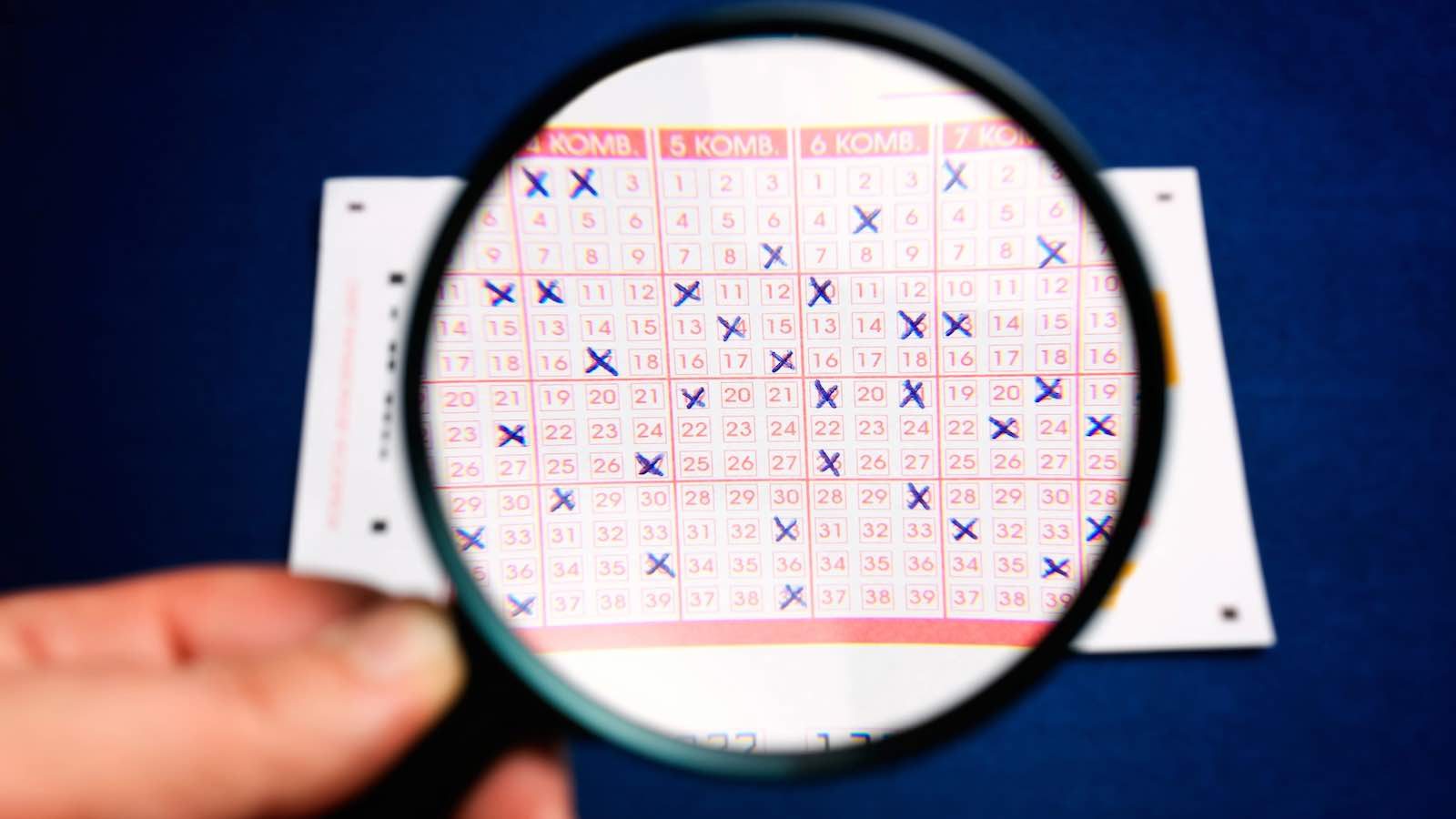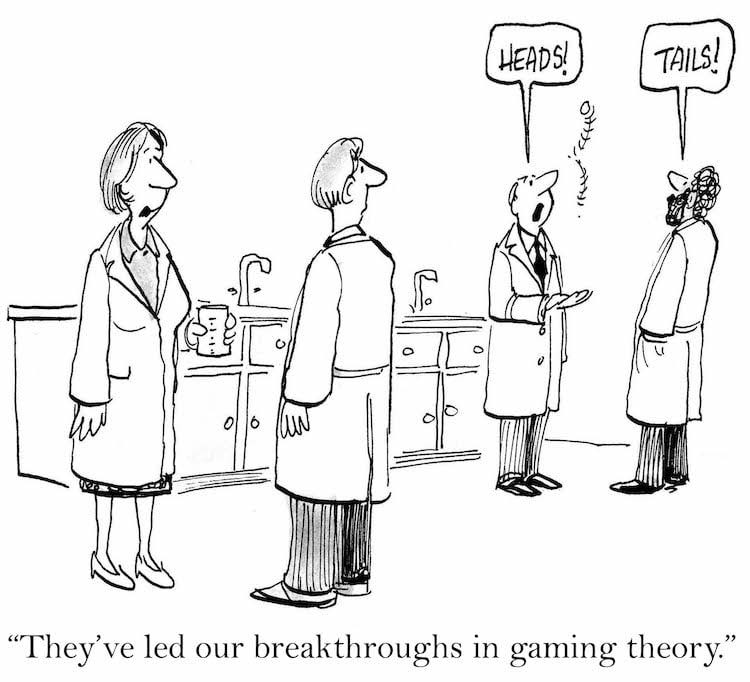Does Winning The Lottery Impact Your Health? We Read A Bunch Of Studies (So You Don’t Have To)
3 min

There’s a lot of competing narratives about lottery winners. Are they happy? Are they miserable? Do they invest their winnings wisely? Do they waste it all immediately?
The Internet is awash with both success stories and cautionary tales, and it’s easy to get frustrated with all the misinformation and overdramatizing. Still, there is one source that bears traces of trustworthiness: science. There are meaningful scientific studies about the health and happiness of lottery winners out there, and they all provide insight into lottery winners’ lives. After reviewing all of them, however, you may find a trend that surprises you.
The first study that many lottery scientists cite is from 1978. A weighty piece of pseudo-science from the staid researchers Philip Brickman, Dan Coates, and Ronnie Janoff-Bulman in the Journal of Personality and Social Psychology. The researchers painstakingly analyzed a vast amount of data to arrive at the agonizing conclusion that the lottery does not change people at all.
You may ask: What was the point then? And you wouldn’t be alone: In the decades since, many lottery scientists have questioned the methodology of that study and conducted new studies of their own. For instance, Brickman et al studied only 22 lottery winners without attention to educational or professional background. How, then, could they understand the winners’ lives?
More recent studies
In an attempt to understand lottery winners’ mental health, many later researchers relied on simple self-reporting from lottery winners to quantify their state of mind. Others used more comprehensive sets of data to explore both the winners’ mental and physical health, using physical symptoms such as poor concentration or sleeplessness to identify anxiety or depression. Still, both approaches uncovered similar results.
Both a 2005 Swedish study and a 2018 German study separately determined that lottery winners endured poor mental health immediately after their respective wins, exhibiting anxiety and lack of energy. Additionally, in the case of the 2018 study, these symptoms persisted in winners for up to two years.
But the results belied one point: These symptoms were more common in people who presented lower income before their wins. In fact, the 2018 German study said as much, pointing out that financial windfalls had no perceivable impact on the mental health of people who enjoyed a high income and traditional education prior to winning.
Another intriguing trend emerged in the studies that focused more on lottery winners’ physical health. In a 2015 British study, researchers found an increase in smoking and smoking-related ailments among lottery winners, with noticeable increases in smoking directly after their wins.
More recently, in another 2022 British study, scientists discerned that lottery winners experienced immediate weight gain and maintained their extra pounds for years after their wins. However, as the latter study highlighted, physical changes among winners were likely to recede in the long term, indicating that the lottery never actually changed the winners at all.
Back to the beginning (and preexisting conditions)

So, are we back where we started? Was the O.G. 1978 team of Brickman, Coates, and Janoff-Bulman right all along? In short, probably yes. Winning big time does not appear to impact a person’s mental or physical health, really. While there’s an increase in self-reporting of happiness immediately after a lottery win, that’s probably more due to the natural high associated with encountering large sums of money. (You don’t need to study social science to understand that.) And the fact that poor mental health still arises in working class lotto winners is seemingly more associated with their preexisting conditions.
Low-income winners are more likely to have money-related anxiety and depression prior to winning, and it’s difficult to unlearn years of emotional trauma. Similarly, lotto winners are likely to overeat, overdrink, and overindulge following their win because they’re feeling celebratory, thus explaining the weight gain and smoking. Again, you don’t need a scientist – or us – to explain that to you.
Ultimately, the body of scientific research suggests that winning the lottery won’t drastically change your personality, health, or ability to be happy. That will depend largely on your skill with money and your capacity to remain flexible as life throws you lemons.
It will also depend on your willingness to occasionally replace Big Macs with a garden salad. Of course, winning the lottery will give you more tools and resources to hone these skills and practices; however, the end result is up to you.
Basically, in scientific terms: If you’re a miserable, self-destructive, jerk before the lottery, then you’re probably going to remain that way.





